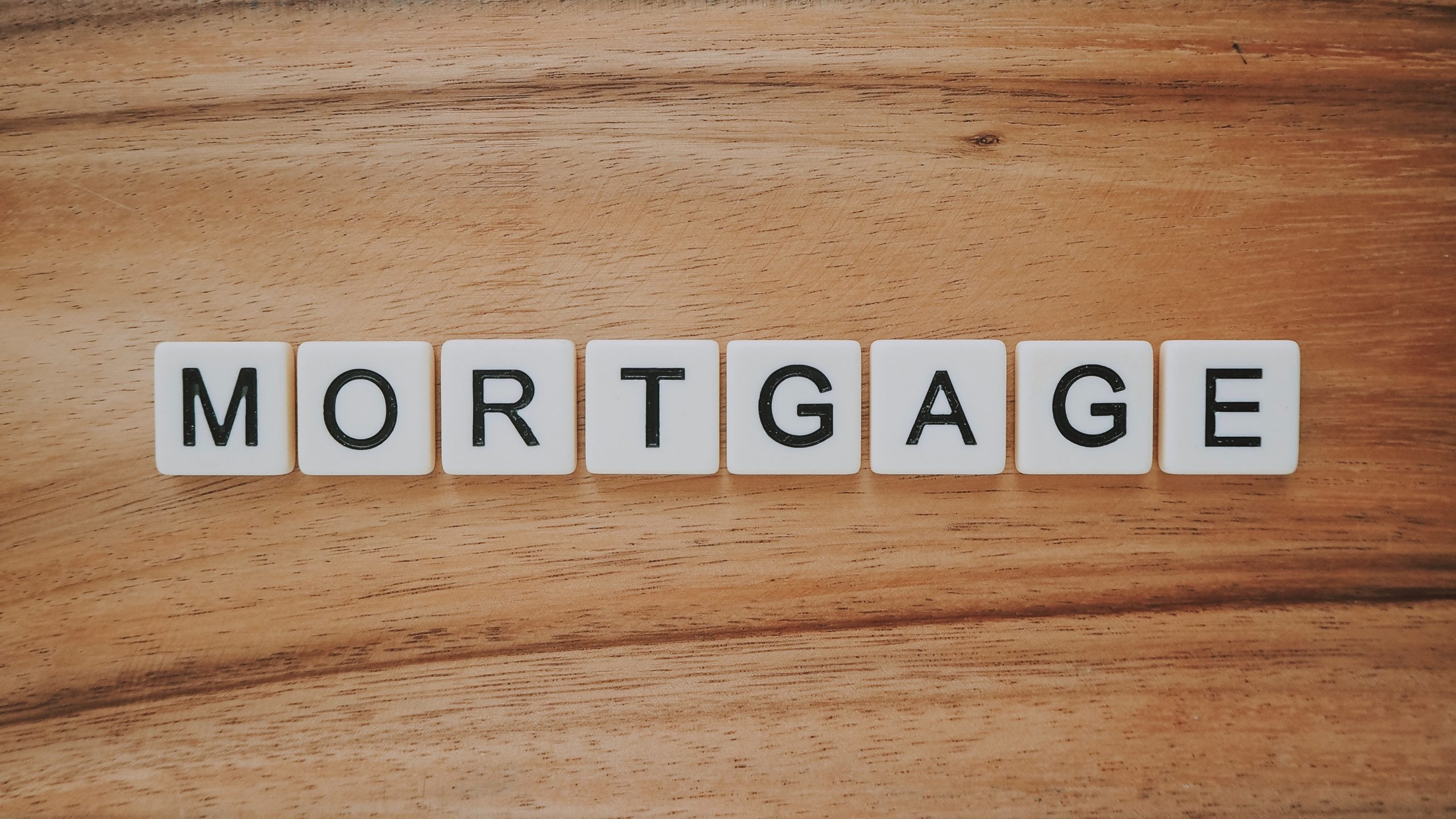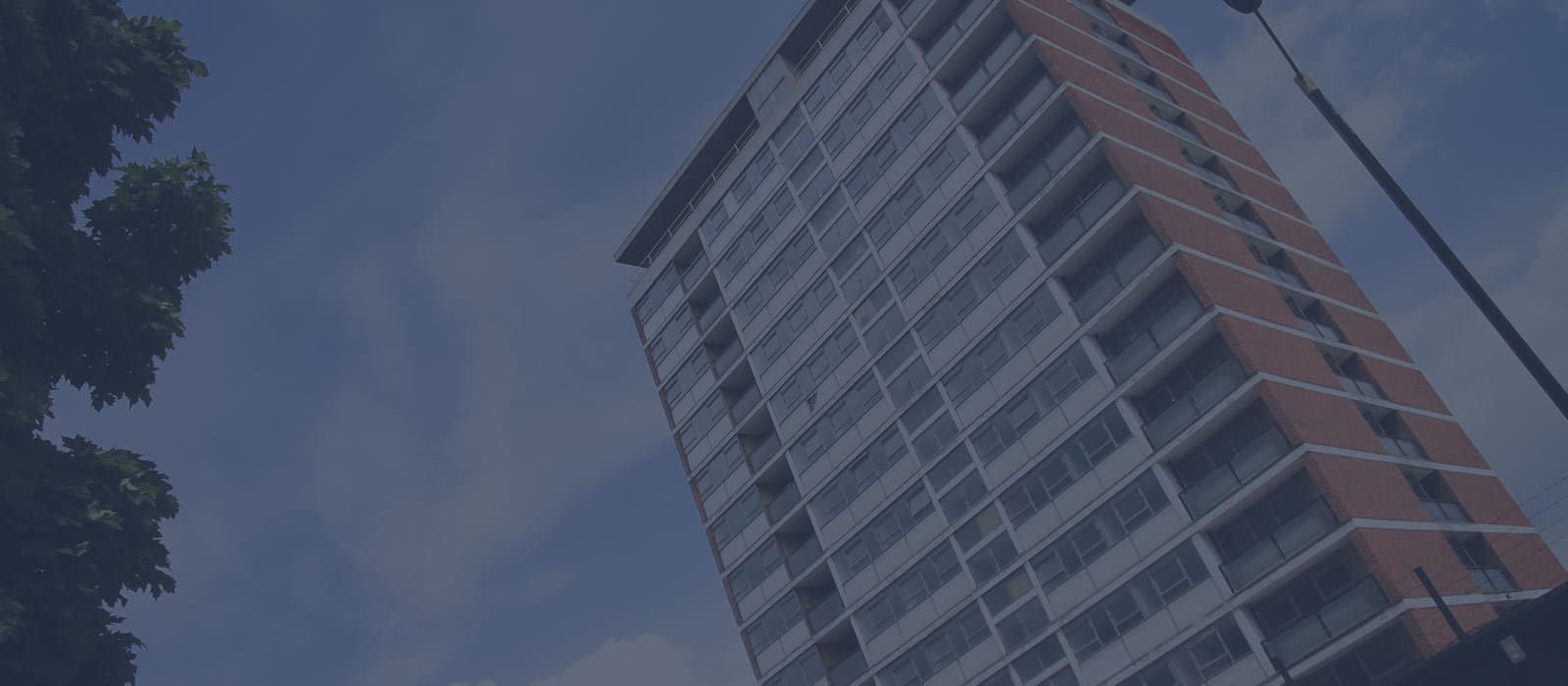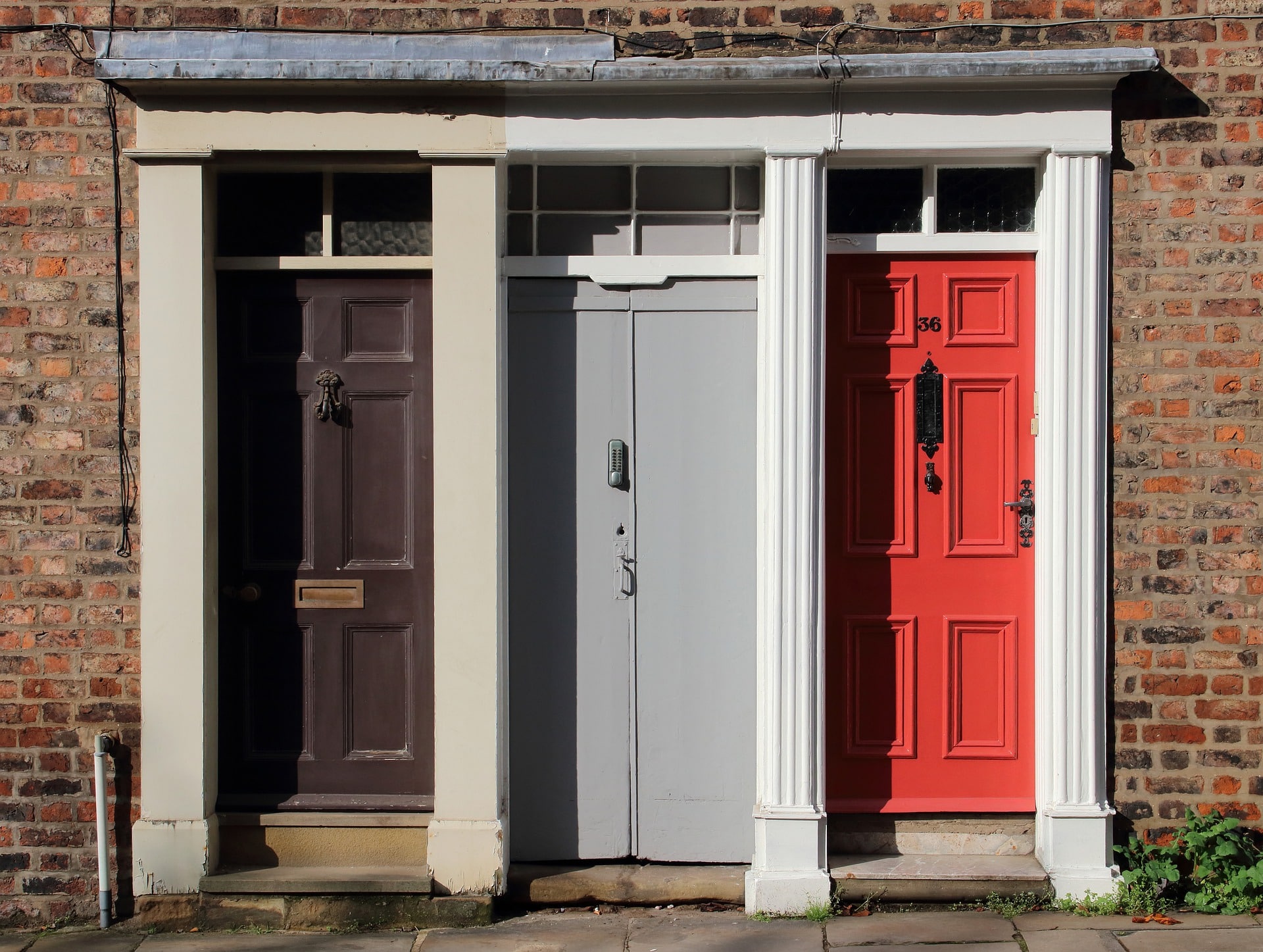The vast majority of homeowners have a mortgage. So, when it comes to moving up the housing ladder, many people ask what happens to the mortgage when they sell a house.
Most people have to sell their current property to buy their next one, but what does this mean for the mortgage?
There are many important areas surrounding this issue. In the blog below, we’ll take you through some of the most frequently asked questions when it comes to selling a house with an outstanding mortgage.
consuming and frustrating part, particularly for those looking to sell your house fast. Most home sellers will hire a solicitor to conduct all the legal requirements, however, this can be costly. But can you sell your home without a solicitor?
Can I sell my house and keep the mortgage?
Yes, you can, but it’s not quite that simple. Transferring a mortgage to another property is known as ‘porting,’ it is possible to sell your property and keep the mortgage before your mortgage term has ended if you can afford to.
By porting, you still redeem the existing mortgage and take out a new one, with potential benefits making it a popular option. The new mortgage remains on the same terms and interest rate as the ported mortgage but only on amounts up to the same value as your old mortgage.
Your lender will consider your circumstances and decide if you can port. Remember that if you are borrowing more money for your next property, the value above the ported mortgage will potentially be on a different interest rate and terms.
An attractive interest rate on your current mortgage makes porting a popular option for many buyers who would otherwise face a higher interest rate. So yes, you can sell a house and keep the mortgage, but do your research first, as rates vary depending on the lender. Porting may not be the most advantageous option if other lenders have better interest rates.
How do I pay off my mortgage when I sell my house?
1. Workout how much you need to pay off
The first step to paying off your mortgage when you sell your house is to work out how much debt is left to pay.
Your mortgage lender will need to be sure that your loan is repaid before your buyer moves into the property. A valuation will be required to help the lender determine whether or not the sale will cover the full mortgage repayment.
If it does not cover the remaining balance, you will need your lender’s permission before you sell the property.
2. Repay the debt
The next step is to repay the debt on the house. If the valuation shows that your house sale will cover the outstanding mortgage loan, then you can sell your home. A valuation will also give you an indication as to how much extra money there will be in your property. You could make some money on the sale after the mortgage debt is paid.
If your selling price is not enough to cover the outstanding mortgage, you will have to repay the remaining amount. Known as a mortgage shortfall it should be paid before buying another property, otherwise, the lender of the property has the right to take legal action against you.
If you are in a mortgage shortfall, your mortgage lender may accept a “short sale” – a reduced payoff to complete the sale of your property. Your lender will ask you to fill out numerous documents before they accept your short sale proposal.
Speak to a short sale agent before filling out the documents. They will be able to advise whether it is worth proceeding with the short sale proposal, and determine whether the lender is likely to accept the proposed deal.
Can I swap my mortgage to another property?
You have two options when selling a house before the mortgage is paid in the UK; porting and paying off the mortgage.
The process of porting means transferring your current mortgage onto a new property.
Many homeowners look to port their mortgage when they are happy with their existing mortgage deal and wish to keep it. Another reason to port a mortgage includes being outside the initial deal term of the existing mortgage with no early repayment charges applicable.
With a more favourable deal available on a new mortgage, many homeowners will look to pay off the existing debt, especially if the property valuation on their existing mortgage covers the debt.
Still, if you want to port your mortgage, there is no guarantee that it is possible. There are reasons a lender will not agree to it. Firstly, even if you have never missed a payment, you will still need to reapply for a deal when porting.
Stricter lending criteria means there is a possibility that you will find it difficult to qualify for a new mortgage. If you have an increased amount of additional debt or your personal circumstances have changed in a way that you have more outgoings, this can impact your chances of having a new mortgage approved.
For a lot of sellers, the main reason for moving is that they are considering a larger, more expensive home. Part of this process involves an application for additional borrowing unless the seller already has funds for the difference.
A mortgage lender may agree to this, but they may not agree to increase the existing mortgage and instead, the seller may end up with an extra loan that’s tied to another mortgage product.
This will likely result in an arrangement fee, and potentially, a higher interest rate. With two mortgage products to pay, it is best to consider whether a single mortgage with another lender is a better option. Essentially, when porting an existing mortgage deal and borrowing more, you are restricted to the lender and their current rates. For some homeowners, this is not the best option as less than desirable terms means you might be paying out more interest when there are better deals available elsewhere.
Can a lender cancel my mortgage?
Yes, a mortgage lender reserves the right to withdraw mortgage offers. This may happen because your lender carried out more than one credit check on you – and in their second check, they discovered something concerning which they hadn’t in their first.
Your mortgage lender can even withdraw after the exchange of contracts if they believe a seller’s financial circumstances have changed, there is an error on the application, or bad credit has come to light.
To avoid this scenario, there are a couple of things you can do. Firstly, once you have received a mortgage offer from a lender, you should not borrow any more money. Doing so could result in you being flagged up in your lender’s second credit check, even though you weren’t in your first. If you have no other choice, and you absolutely need to take out another loan, then you should speak to your lender about this before doing so.
You can also avoid a lender cancelling your mortgage by making sure your credit score is as good as possible, before applying for a mortgage. This means that even if something concerning comes up on a second credit check, it will still not be enough to warrant the lender cancelling your mortgage. The better prepared you are credit-wise before applying for a mortgage, the better.
Do I get a deposit back when selling a house?
If the sale of your property unfortunately falls through, you may be wondering who gets the deposit. Whichever party was not in breach of the contract is the party that receives the deposit back.
Whichever party pulls out after the exchange of contracts may also have to pay damages to the other party too – for example, conveyancing costs.
In most instances in the UK, the deposit on exchange is typically 10% of the contract price. This is the amount that you can expect to get back when selling your house.
Sell your house easily
WeBuyAnyHome is a cash house buyer that offers a convenient, quick way to sell your property fast. We sell your property quickly in any timeframe. No fees, no hassles and no delays. You can trust us with a smooth and quick sale of your property.


















